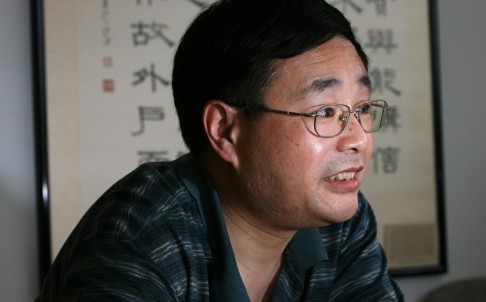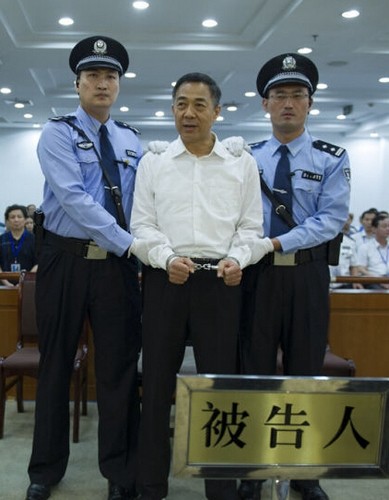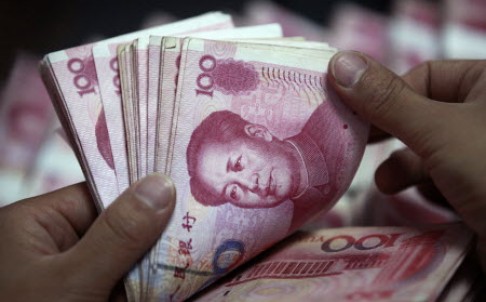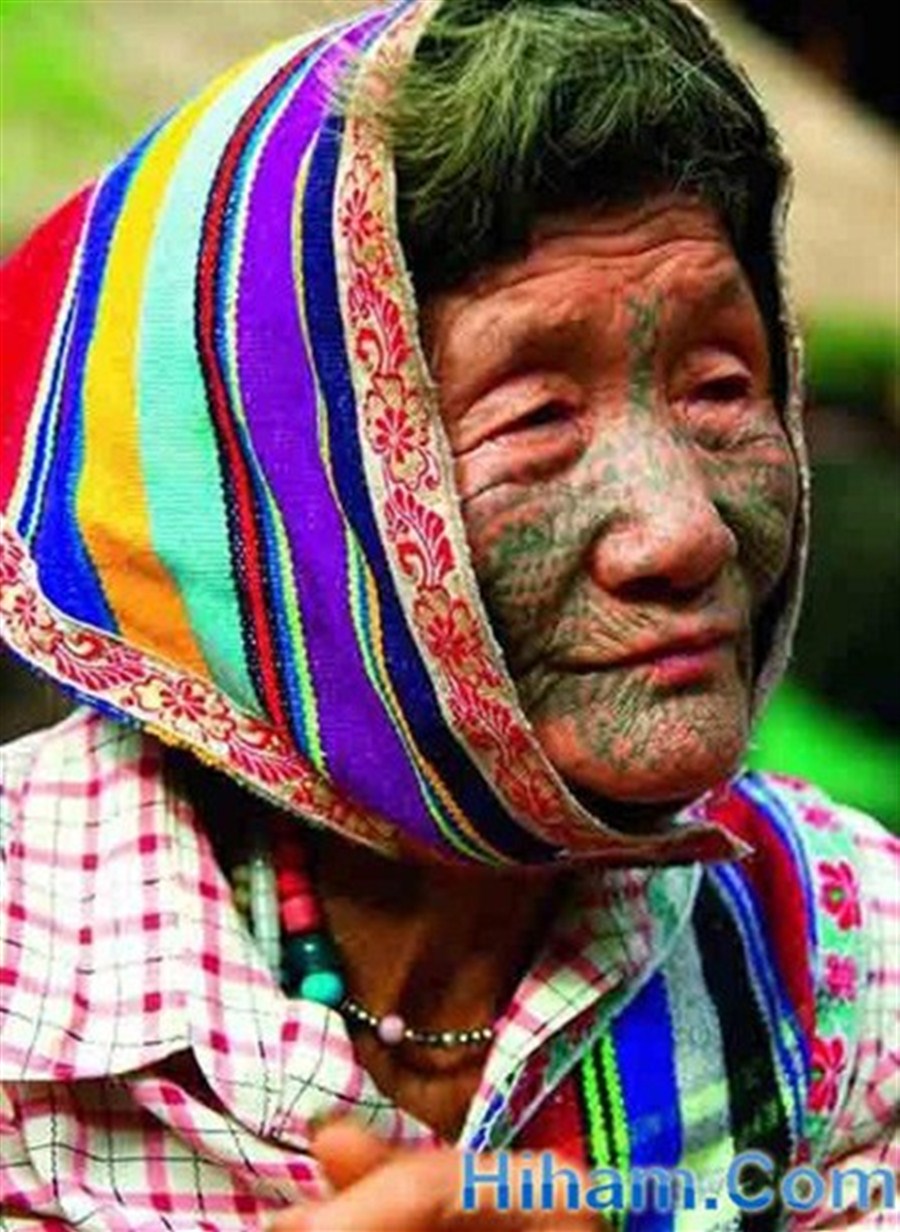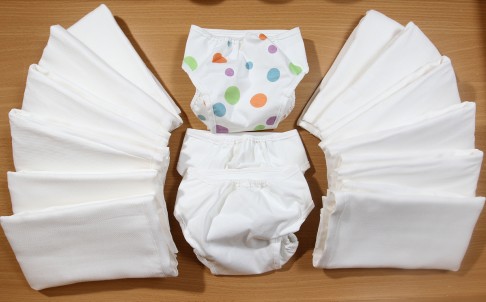- Joined
- May 26, 2014
- Messages
- 258
- Points
- 0
Police pursue fleeing officials
By Zhang Hui Source: Global Times Published: 2014-10-21 0:53:02
China, Australia cooperate to extradite embezzlers
Chinese police will cooperate with their Australian counterparts to extradite corrupt Chinese officials who have fled to Australia with embezzled public funds.
The Australian Federal Police (AFP) together with the Chinese police will take action in the coming weeks, according to Bruce Hill, manager of the AFP's operations in Asia, the Xinhua News Agency reported.
Hill said that the two forces had agreed on a priority list of alleged fugitives who have taken residence in Australia with embezzled funds amounting to hundreds of millions of Australian dollars, and the country was identified by Beijing
as one of the most popular destinations for corrupt officials hiding their ill-gotten gains, the Sydney Morning Herald reported.
Among the suspects identified by the AFP are naturalized Australian citizens and permanent residents who for years have laundered stolen public money under the guise of being legitimate investment migrants, Hill said.
Chinese foreign ministry spokesman Hong Lei said on October 14 that China is eager to cooperate with Australia to seize the assets of corrupt Chinese officials who have escaped to the country.
Caijing, a financial magazine, has estimated that at least seven high-level officials have fled to Australia with embezzled public funds totaling more than $1 billion.
The joint Australian-Chinese police operation forms part of an ongoing and wide-ranging campaign named "Operation Fox Hunt," set up by Chinese authorities to pursue corrupt officials who have fled China.
Between the launch of the campaign on July 22 and the end of September, police arrested 102 suspects in 40 countries and regions, according to a press release by the Ministry of Public Security.
Chinese police have cooperated with Australian law enforcement bodies in pursuing corrupt officials over recent years. The first such case was in 2011, when former Foshan real estate company manager Li Jixiang was sentenced to
26 years in prison for money laundering at a Queensland court, the Beijing Times reported.
The Australian federal government has announced that it will introduce a "Premium Investor Visa" that allows foreign investors who invest A$15 million ($13.15 million) in the Australian economy to be granted permanent residency, Xinhua said.
Hu Xingdou, a political science professor at the Beijing Institute of Technology, said that this reform of the Australian visa system may encourage greater numbers of corrupt officials to flee to Australia.
Both China and Australia have signed the UN's anti-corruption treaty, which allows China to file requests for the extradition of embezzlers. However, officials who have fled to Australia can also ask for asylum in accordance with
Australia's immigration law to avoid facing trials in China.
Liu Guofu, an expert on immigration law at the Beijing Institute of Technology, told the Global Times that it is difficult to arrest suspects who have become citizens of other countries.

